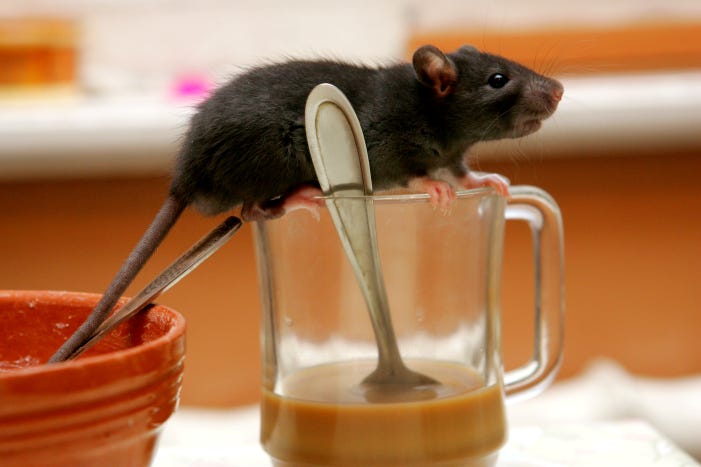Understanding Hantavirus: What You Need to Know
A rare but deadly disease linked to rodents—how it spreads, symptoms to watch for, and essential prevention tips.
I’m pleased to co-author this piece with Dr. Waleed Javaid, an infectious disease specialist and hospital epidemiologist. Together, we break down the recent headlines about hantavirus pulmonary syndrome (HPS) and what you need to know to stay safe.
The recent passing of Betsy Arakawa, wife of actor Gene Hackman, due to HPS has renewed attention on this rare but serious disease. Hantaviruses are transmitted through contact with infected rodent excreta, primarily urine, droppings, and saliva. The deer mouse (Peromyscus maniculatus) is the primary carrier in the U.S.
What Are the Symptoms?
HPS begins with flu-like symptoms—fever, fatigue, and muscle aches—before progressing to severe respiratory distress due to fluid buildup in the lungs. The mortality rate is about 35%, and there is no specific treatment or vaccine, making prevention and early detection critical.
Where Has HPS Been Reported?
Since the CDC began tracking hantavirus infections in 1993, there have been 864 reported cases in the U.S., with the highest numbers in the Four Corners region (Arizona, Colorado, New Mexico, and Utah). New Mexico leads with 122 cases, followed by Colorado with 119 cases.
How Can You Protect Yourself?
Preventive steps include:
Control rodents both inside and outside the home, as this is the best way to prevent hantavirus.
Remove and secure trash around the home and workplace to limit rodent access.
Seal holes and gaps in homes to prevent rodent entry.
Call a professional exterminator if the infestation is severe.
Store food in rodent-proof containers to reduce the likelihood of attracting rodents.
Dispose of dead rodents properly by using gloves, placing the animal in a double plastic bag, and discarding it in the trash—avoiding direct handling.
Use gloves, a mask, and disinfectants when cleaning areas contaminated by rodent droppings. Avoid actions that can aerosolize the virus, such as sweeping or vacuuming.
When cleaning rodent droppings, wet them down first with a 10% bleach solution and wear gloves to minimize exposure risk.
Avoid contact with rodents and rodent burrows when spending time outdoors in areas where hantavirus may be present.
While HPS remains rare, heightened awareness and proactive prevention are key to staying safe.
🔗 Read the full article here posted by the New York Academy of Sciences: Understanding Hantavirus and How to Stay Safe
Hantavirus pulmonary syndrome is spread through contact with rodents. Image courtesy of Art Johnson via stock.adobe.com.






Great comment, but it would be more helpful if you included a photo of a deer mouse, which is the chief vector, instead of a generic mouse.